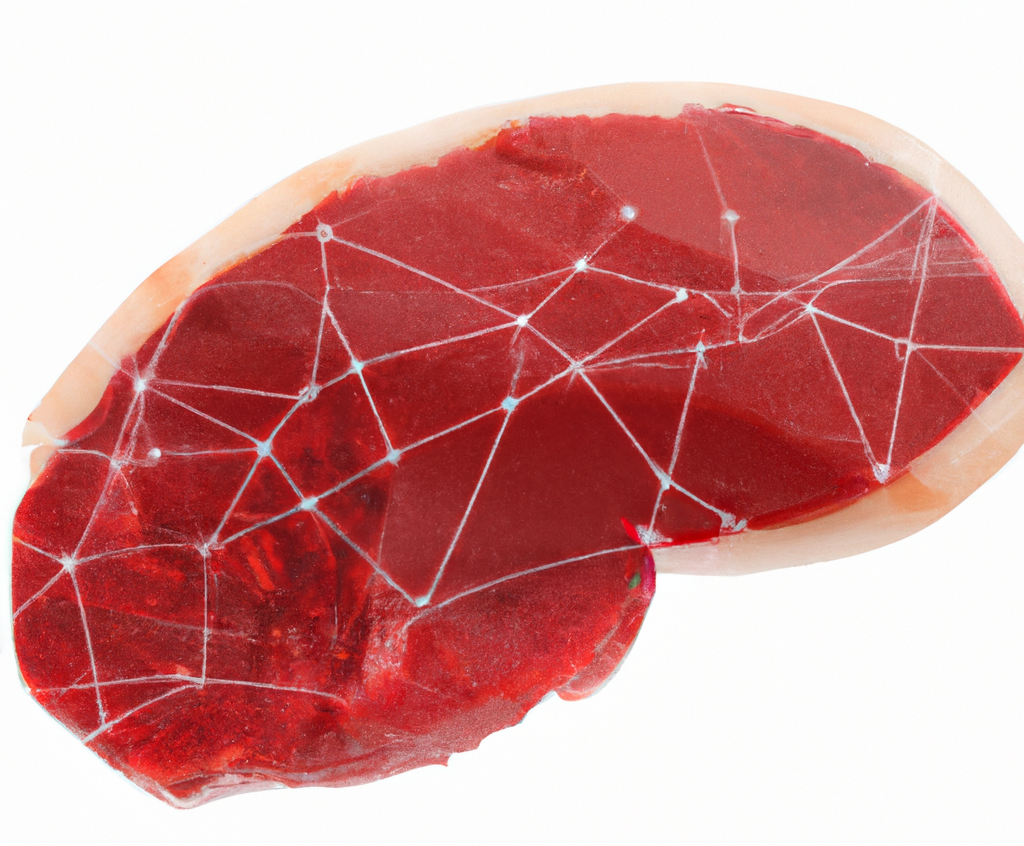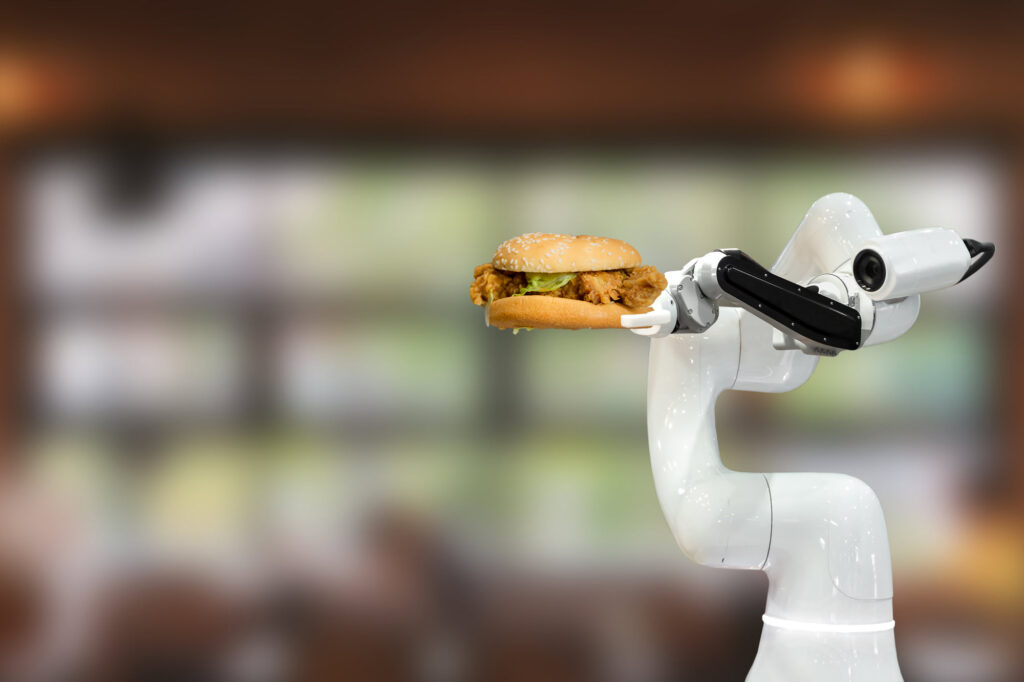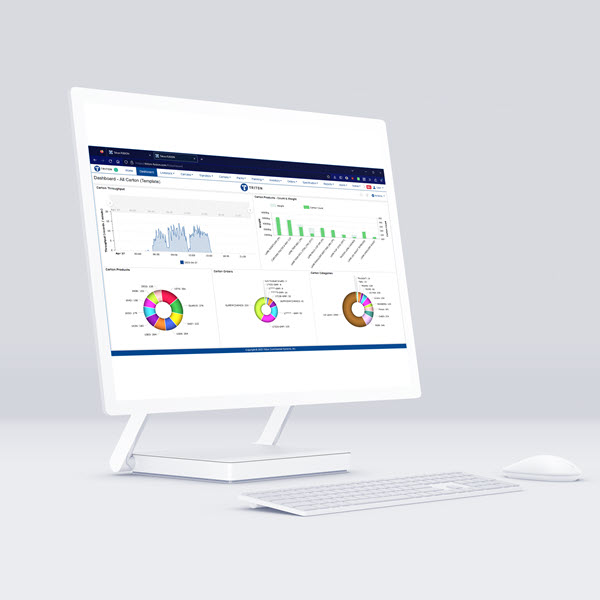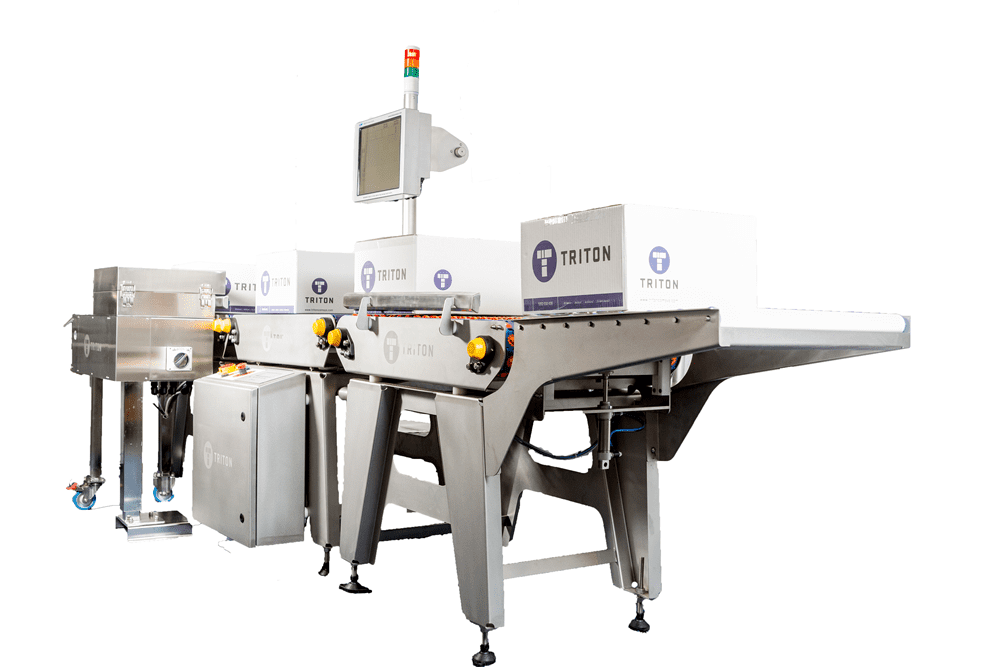In the midst of the Fourth Industrial Revolution, an unexpected industry is undergoing a technological transformation: the meat industry. This sector, often associated with traditional, hands-on methods, is now on the cusp of a digital metamorphosis. It’s as surprising as it is fascinating, and it’s time to delve into this world where steak gets a digital upgrade.
Industry 4.0: Not Just for Silicon Valley
Industry 4.0 is a term that encapsulates a simple idea: using digital tech to make factories smarter. It’s about giving a factory its own brain, complete with the ability to make decisions and learn from its mistakes. This isn’t some far-off sci-fi concept that’s only relevant if you’re in Silicon Valley or have a degree in computer science. No, this is happening here and now, affecting industries you wouldn’t expect, like the meat industry.
The Meat Industry Gets a Tech Makeover
The meat industry is starting to use Industry 4.0 tech to improve everything from how animals are raised to how steak is packaged. It’s as if the meat industry has discovered the internet, and things are getting interesting.
Imagine a world where a steak has a digital twin, a virtual replica that allows producers to track its journey from the farm to the plate. Or where AI-powered systems monitor the health and well-being of livestock, ensuring they’re raised in the best possible conditions. It’s not just about making better meat; it’s about reimagining the entire process of how that meat gets to the table.


The Perks of a High-Tech Meat Supply Chain
The potential benefits of this digital revolution for the meat industry are manifold. For one, it promises to enhance the quality of meat products thanks to precise control over processing conditions and real-time quality monitoring. It also offers a potent weapon in the fight against meat fraud, using blockchain and other technologies to ensure traceability from farm to fork. Moreover, it could significantly boost efficiency, reducing waste and ensuring optimal use of resources.
Imagine biting into a steak that’s been monitored and optimised at every stage of its journey, from the farm to the slaughterhouse to the supermarket. Or knowing that the meat you’re eating is 100% real, thanks to blockchain technology that tracks its journey and verifies its authenticity. This isn’t just about better-tasting meat; it’s about trust, transparency, and the peace of mind that comes from knowing exactly what you’re eating.
But It's Not All Smooth Sailing
However, the path to digital transformation is not without its hurdles. The high cost of implementing advanced technologies is a significant barrier, particularly for smaller businesses. There’s also a pressing need for new skills to operate and maintain these systems, not to mention concerns about data security in an industry that’s not traditionally tech-focused.
Think about it. Implementing these technologies requires a significant investment, both in terms of money and time. It’s not just about buying the tech; it’s about training people to use it, maintaining it, updating it. And then there’s the data. In an industry that’s not traditionally tech-focused, how do you ensure that all this data is stored and used securely? These are big questions, and they don’t have easy answers.
The Future of Meat: More Than Just a Pipe Dream
Despite these challenges, the potential of Industry 4.0 to reshape the meat industry is undeniable. Sure, there will be bumps along the way, but the potential benefits—better meat, less waste, more efficiency—seem worthwhile. It’s not just about improving the meat industry; it’s about making it fit for the future.
Imagine a world where the meat industry is not just efficient, but sustainable. Where waste is minimised, resources are used optimally, and the meat you eat is produced in a way that’s good for you and the planet. This isn’t just a pipe dream; it’s a real possibility, and it’s closer than you might think.
Triton Commercial Systems is a leading provider of software and hardware solutions designed to help meat processing businesses and other food-related manufacturers navigate the challenges of Industry 4.0. Their offerings are geared towards improving operational efficiency, enhancing productivity, and driving growth.
Software Solutions: Triton’s software solutions are designed to streamline operations and improve decision-making. Triton’s flagship product, FUSION, is a comprehensive MES system that integrates vast aspects of a food manufacturing business, from supply chain management to finance outputs and compliance. It provides real-time data and analytics through multiple stages of the production process and combines separate physical locations, enabling businesses to make informed decisions quickly. The software is customisable to fit the unique needs of each business and is scalable to grow with the business.


Hardware Solutions: Triton also offers a range of hardware solutions to complement their software offerings. These include a range of automated solutions, integrating with their software or stand alone units, transforming manual operations to smart industry 4.0 enterprises.
Industry 4.0 Ready: Triton’s solutions are designed with Industry 4.0 in mind. They enable businesses to leverage the power of automation, data exchange, and real-time analytics, key components of the fourth industrial revolution.
In summary, Triton provides a comprehensive suite of software and hardware solutions that are customisable, scalable, and designed to help businesses navigate the challenges of Industry 4.0. Their solutions improve operational efficiency, enhance decision-making, and drive growth, making them a valuable partner for businesses in the digital age.
Conclusion
The next time a steak is enjoyed, it’s worth considering the high-tech journey it’s been on to get to the plate. The meat industry may not be the first thing that comes to mind when thinking of digital innovation, but it should be. After all, in the age of Industry 4.0, even the humble sausage is getting a software update.
References
This piece is inspired by the paper “Industry 4.0: A Distant Future” published in Oxford Academic. Rest assured, no sausages were harmed in the writing of this article. In fact, they might just be the heroes of the story.


